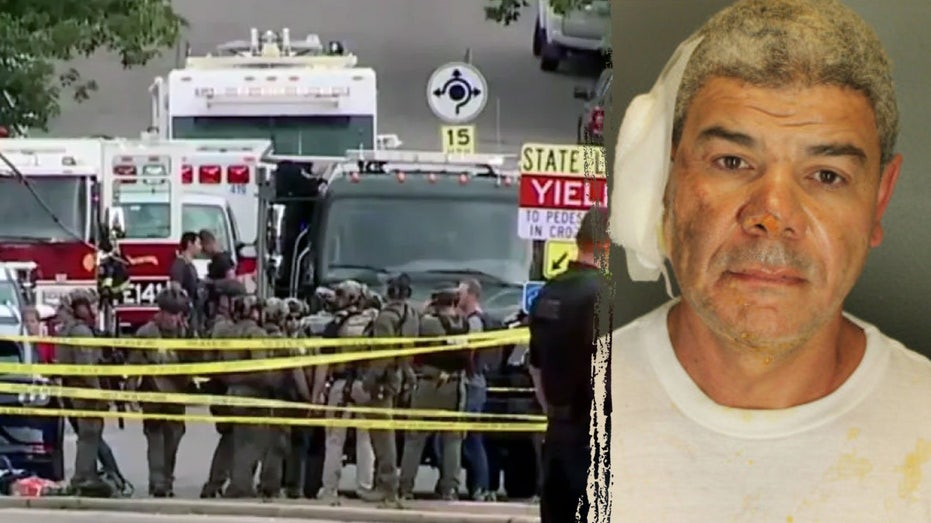Retired FBI Agent Flags Possible Radicalization in Boulder Illegal Immigrant Terror Suspect
Authorities probe firebombing at Boulder pro-Israel rally, scrutinizing Egyptian suspect's radicalization and possible domestic terrorism ties.

The violent firebombing at a recent pro-Israel rally in Boulder, Colorado, has sparked intensive federal and local investigations, with authorities focusing specifically on the possible radicalization of the suspect, Mohamed Sabry Soliman. Soliman, a 45-year-old Egyptian national living in the U.S. on an expired visa, is alleged to have attacked the gathering using Molotov cocktails and a homemade flamethrower, reportedly shouting pro-Palestinian slogans during the assault. Officials are working methodically to collect forensic evidence, including device fragments, fingerprints, and surveillance video from the scene, while simultaneously delving into Soliman’s background both in the United States and abroad.
Retired special agents familiar with such cases emphasize that the behavior and actions during the attack suggest it was not random, but rather politically or ideologically motivated. Investigators are weighing whether the incident fits the strict legal criteria for domestic terrorism as defined by U.S. law, which requires proof that a crime was intended to intimidate or coerce civilians or influence government policy. This would necessitate establishing clear ideological motivation and intent—a process now underway as prosecutors review digital evidence, interview acquaintances, and examine any documented statements or manifestos provided by the suspect.
Soliman faces charges under federal hate crime statutes, reflecting allegations that the attack targeted individuals based on religion or national origin. According to retired FBI experts, investigators will scrutinize not only physical evidence but also psychological and behavioral red flags exhibited by the accused. Eyewitnesses and sources indicate that Soliman appeared highly agitated and made no attempt to escape after carrying out the attack, which may point to either impulsive extremism or a desire for martyrdom—patterns observed in ideologically motivated lone-wolf actors.
Authorities continue to explore Soliman’s digital footprint, including searches for bomb-making materials and any communications with foreign contacts or extremist groups. Interviews have revealed that Soliman expressed strong animus toward the rally’s participants, allegedly stating intentions to kill members of the group due to their support for Israel. He reportedly admitted to researching incendiary devices online and constructing them in advance, further supporting the theory of premeditation inspired by personal or political grievances. For officials, these admissions form a critical part of understanding his mindset and building the case for charges beyond hate crimes alone.
While there is, so far, no indication of a larger conspiracy or support network, law enforcement agencies nationwide are using the Boulder attack as a reason to reassess security measures at similar public gatherings. The event, which left nearly a dozen people injured, has prompted political leaders and community organizations to condemn the violence and call for heightened vigilance against extremism targeting religious or ethnic groups.
Detectives at the scene remain focused on reconstructing the sequence of events through forensic analysis, seeking to determine how the weapons were built and whether the attacker conducted prior tests or reconnaissance. Meanwhile, teams are interviewing those who knew Soliman to identify warning signs or potential opportunities for earlier intervention. Authorities stress that while lone-wolf attacks remain challenging to predict or prevent, ongoing intelligence-sharing and public awareness of behavioral threats are vital tools for keeping communities safe.
As the investigation continues, federal and local law enforcement vow to follow every lead to its conclusion. Their immediate priorities remain gathering evidence, supporting victims, and ensuring the security of future public events. The Boulder firebombing has become a stark reminder of the unpredictable threats posed by lone actors and the importance of readiness, collaboration, and resilience in the face of ideologically driven violence.




